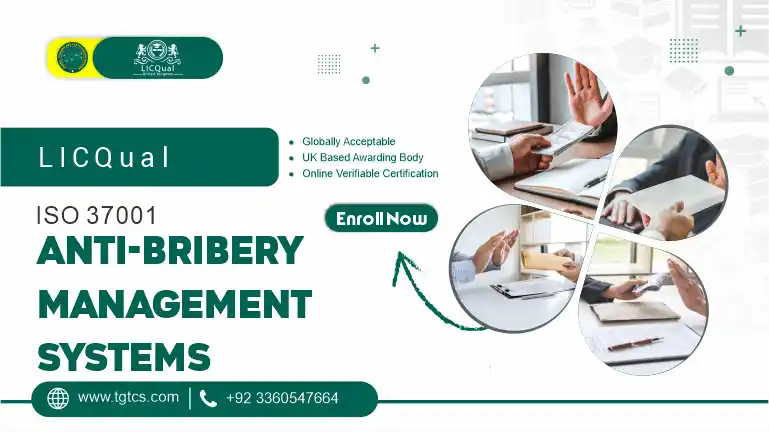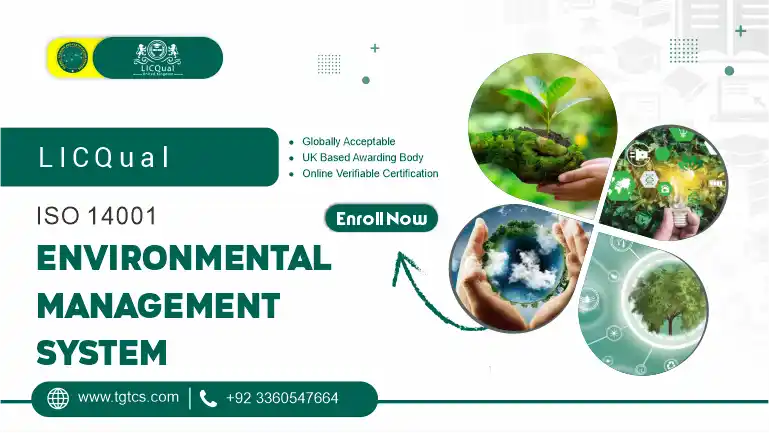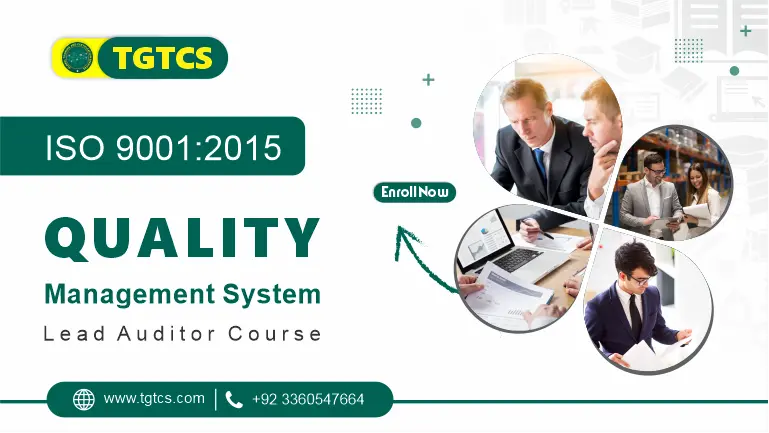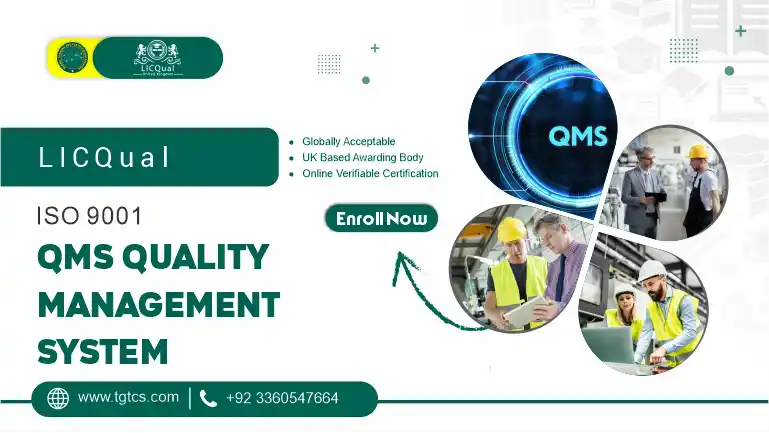LICQual Level 1 Award in Risk Assessment
The Level 1 Award in Risk Assessment is designed to equip individuals with essential knowledge and skills to identify and manage risks effectively. Whether you’re new to the workforce or looking to enhance your safety skills, this course offers valuable insights that can significantly impact your workplace.
The Level 1 Award in Risk Assessment is an introductory qualification designed to equip learners with essential knowledge about risk assessment principles. This course covers vital topics, including hazard identification, risk evaluation, and the implementation of control measures. It provides a solid foundation for anyone interested in pursuing a career in health and safety.
The duration of the Level 1 Award in Risk Assessment typically ranges from 1 to 3 days, depending on the training provider and format. Some courses may offer intensive 1-day sessions, while others provide a more comprehensive experience over multiple days. Flexible online options may also be available, accommodating various learning preferences.
The Level 1 Award in Risk Assessment is an essential qualification for anyone aiming to enhance their understanding of workplace safety and risk management. By developing the skills to identify and manage risks, participants not only contribute to safer environments but also lay the groundwork for future career advancement in health and safety.
The Global Training and Certification Services (TGTCS) is Directly Approved Training Centre of LICQual
The Level 1 Award in Risk Assessment is an essential introductory course designed to equip participants with foundational knowledge and practical skills in identifying and managing risks in various environments. This course covers key concepts such as hazard identification, risk evaluation, and the implementation of control measures. Participants will also learn about relevant health and safety legislation that governs workplace safety.
Through a combination of theoretical knowledge and hands-on activities, learners will develop the ability to assess risks, suggest appropriate mitigation strategies, and effectively communicate their findings.
Targeted at entry-level employees, managers, supervisors, and students, this course serves as a stepping stone for anyone looking to advance their career in health and safety or risk management. With a duration of 1 to 3 days, the Level 1 Award in Risk Assessment is a valuable investment in fostering a safer work environment and promoting a culture of safety.
Mandatory Units
Introduction to Risk Assessment
- Definition of Risk Assessment
- Importance of Risk Assessment in Different Settings
- Legal and Regulatory Requirements
Identifying Hazards and Risks
- Types of Hazards (Physical, Chemical, Biological, etc.)
- Recognizing Potential Risks in the Workplace
- Evaluating Risks in Real-Life Scenarios
Risk Assessment Techniques
- Qualitative vs. Quantitative Risk Assessment
- Risk Matrix and Risk Scoring Systems
- Risk Assessment Documentation
Implementing Control Measures
- Hierarchy of Controls
- Selecting and Applying Appropriate Control Measures
- Communication and Training on Risk Mitigation
Review and Update of Risk Assessments
- Monitoring and Evaluating the Effectiveness of Control Measures
- The Importance of Regular Review and Revision of Risk Assessments
- Learning from Incidents and Near-Misses
Level 1 Award in Risk Assessment, participants will be able to:
- Define Key Concepts: Understand and explain fundamental risk assessment terminology and principles.
- Identify Hazards: Recognize various types of hazards in different environments, including physical, chemical, biological, and ergonomic risks.
- Evaluate Risks: Assess the likelihood and potential impact of identified hazards using basic risk evaluation techniques.
- Recommend Control Measures: Identify and suggest appropriate control measures to mitigate risks, following the hierarchy of controls.
- Understand Legal Obligations: Demonstrate knowledge of relevant health and safety legislation and regulations that govern risk assessment practices.
- Conduct Basic Risk Assessments: Apply learned techniques to perform simple risk assessments in real-world scenarios.
- Communicate Findings: Effectively communicate risk assessment results and recommendations to colleagues and stakeholders.
- Reflect on Practice: Engage in reflective practice to identify personal strengths and areas for further development in risk management.
These outcomes ensure that participants are equipped with the essential skills and knowledge needed to contribute to a safer workplace and advance their understanding of health and safety practices.
Level 1 Award in Risk Assessment offers a range of significant benefits, including:
- Enhanced Safety Awareness: Develop a comprehensive understanding of risk assessment principles, leading to improved safety awareness in the workplace.
- Practical Skills Development: Gain hands-on experience in identifying hazards, assessing risks, and implementing effective control measures that can be applied immediately.
- Career Advancement: Boost your employability and career prospects with a recognized qualification that demonstrates your commitment to health and safety.
- Regulatory Compliance: Understand relevant health and safety legislation, helping organizations comply with legal requirements and reduce liability risks.
- Improved Decision-Making: Acquire critical thinking skills that enable you to make informed decisions regarding risk management and safety protocols.
- Effective Communication: Enhance your ability to communicate risk assessment findings and safety recommendations clearly and confidently to colleagues and stakeholders.
- Foundation for Further Learning: Establish a strong foundation for further training and qualifications in health and safety, risk management, or related fields.
- Positive Workplace Culture: Contribute to a culture of safety within your organization, promoting proactive approaches to risk management and employee well-being.
By completing this course, participants not only equip themselves with essential skills but also play a vital role in fostering safer and more compliant work environments.
The ideal learner for the Level 1 Award in Risk Assessment includes a diverse range of individuals, such as:
- Entry-Level Employees: Individuals new to the workforce seeking foundational knowledge of health and safety principles.
- Managers and Supervisors: Those in leadership positions who want to enhance their understanding of workplace safety and improve their team’s risk management practices.
- Students and Recent Graduates: Individuals studying related fields (e.g., health and safety, environmental science) who wish to complement their academic knowledge with practical skills.
- Health and Safety Enthusiasts: Anyone interested in pursuing a career in health and safety who needs a solid introduction to risk assessment.
- Volunteers and Community Workers: Individuals involved in community organizations or volunteer work who want to ensure safety in their activities.
- Safety Representatives: Employees designated as safety representatives or committee members seeking to formalize their understanding of risk assessment processes.
- Professionals Transitioning to Safety Roles: Individuals from other fields looking to pivot into health and safety positions and needing foundational training.
This course is designed for anyone eager to develop essential skills in risk assessment and contribute to a safer workplace.
The Level 1 Award in Risk Assessment is structured to guide learners through a logical progression of knowledge and skills, ensuring a comprehensive understanding of risk assessment processes. Here’s how the course typically unfolds:
1. Introduction to Risk Assessment
- Overview of the course objectives and structure.
- Explanation of the importance of risk assessment in various environments.
2. Understanding Key Concepts
- Introduction to essential terminology and definitions related to risk assessment.
- Discussion of the risk assessment process and its significance in workplace safety.
3. Identifying Hazards
- Techniques for recognizing different types of hazards (physical, chemical, biological, ergonomic, and psychosocial).
- Practical exercises to identify hazards in various scenarios.
4. Risk Evaluation Techniques
- Introduction to risk evaluation methods, including qualitative and quantitative approaches.
- Tools for assessing the likelihood and severity of identified risks.
5. Control Measures and Mitigation Strategies
- Overview of the hierarchy of controls (elimination, substitution, engineering controls, administrative controls, personal protective equipment).
- Discussion on selecting and implementing appropriate control measures to mitigate risks.
6. Understanding Legal Requirements
- Overview of relevant health and safety legislation and regulations.
- Understanding the legal responsibilities of employers and employees regarding risk assessment.
7. Practical Application of Skills
- Hands-on activities where participants conduct simple risk assessments in groups.
- Case studies to analyze real-world scenarios and apply learned techniques.
8. Effective Communication of Findings
- Techniques for presenting risk assessment results and recommendations to colleagues and stakeholders.
- Tips for preparing clear and effective reports.
9. Reflective Practice and Continuous Improvement
- Encouragement for participants to reflect on their learning experiences.
- Identification of personal strengths and areas for further development in risk management.
10. Preparation for Future Learning
- Guidance on pathways for further education and qualifications in health and safety or risk management.
- Resources for continued professional development.
This structured progression ensures that learners build upon their knowledge step by step, developing practical skills and confidence in conducting risk assessments effectively.
Course Overview
Course Level
Level 1
Course Units
05 Mandatory Units
Duration
01 week






